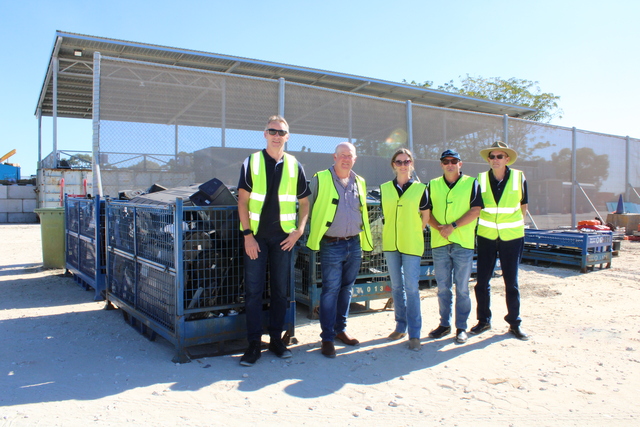In each edition we feature the views of a Local Government Association president. The following is from Councillor Bruce Miller, President of the New South Wales Shires Association.
You would be hard pressed to find anyone in NSW Local Government arguing that our planning legislation does not need simplification, but the State Government’s approach to this problem is raising concerns right across the State.
This was clearly illustrated on my recent tour of the NSW Shires Divisions, where the new Housing Code was raised time and time again.
A streamlined code would be welcomed in NSW, if it was approached properly. The Victorian Code is a great example of what can be achieved when the State Government works with their Local Government counterparts to develop a well considered code.
However, the rushed implementation of the NSW Code has been a farce.
The Department of Planning has cut corners and we are reaping the ugly benefits, with changes that have major implications for our business and IT systems announced right up to the very day of the code’s implementation.
It is also glaringly obvious that this ‘one size fits all’ code cannot adequately address developments in inner city, coastal and country NSW.
The Department has missed the chance to build a more sophisticated model that standardised key controls and incorporated variations based on locality, as we proposed.
While they have addressed some of the concerns raised by councils, such as new powers to issue an immediate stop work order to anyone carrying out unauthorised work, there is still a long way to go.
We are now working with our members to investigate problems as they arise and provide feedback to the Department, to help us produce a more workable code.
A new proposal to accredit council building surveyors in a similar way to certifiers in the private sector is also producing anxiety.
This will bring with it a significant financial burden and divert funds that should be spent on essential community services, rather than costly administrative changes.
A more practical and cost effective approach is corporate accreditation for councils, which would provide the oversight to ensure council certifiers have the required skills and experience, and would also recognise that we have systems of accountability that the private certification system does not.
Another issue seizing centre stage on the tour was the unexpected effect our nation’s food bowls are facing from the drought, with the Federal and State Governments presenting strapped NSW farmers attractive offers for their water licences.
They must be more transparent about the long term consequences of removing water from the local agricultural industry, as we fear that the effects on our rural communities will be devastating.
Many are already feeling these effects, as the number of properties selling their water rights and cutting back on their agricultural production reaches critical mass. Local workers are losing their jobs and local industries are shutting down.
We are calling for a serious investment in research and development into sustainable farming practices that will compensate for the massive amounts of water taken out of the production chain.
On another sustainability issue, NSW desperately needs to introduce Container Deposit Legislation (CDL) to protect the environmental and financial sustainability of Local Government.
A scheme would mean reduced litter in our parks, playgrounds, river streams and roads, and would also save councils, and their ratepayers, millions of dollars per year in clean ups.
The State needs to stop underestimating the potential of container deposit schemes, and start focusing on the benefits. South Australia has maintained an effective deposit scheme since the 1970s and has increased its container recycling rate to more than
70 per cent.
We fully support moves by the NSW Greens to introduce their Waste Avoidance and Resource Recovery Bill, which will ensure that if the targets for recycling established by the National Packaging Covenant (2005) aren’t met, a CDL that provides for the payment of refunds on certain beverage containers will come into force.







